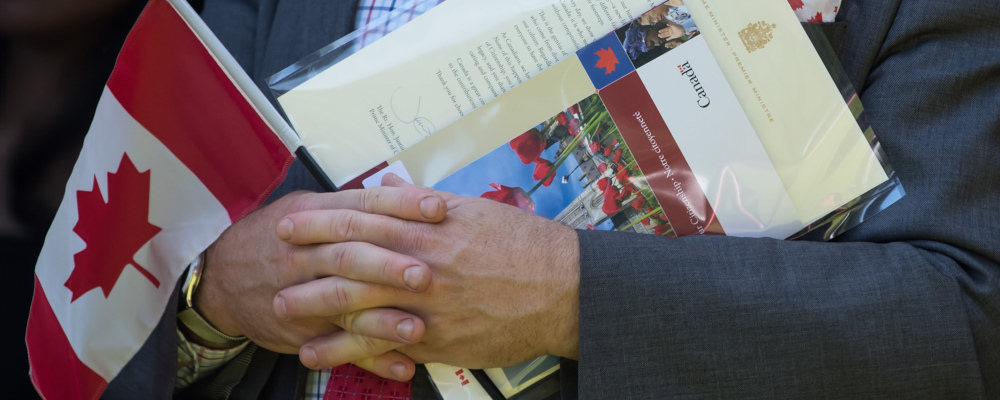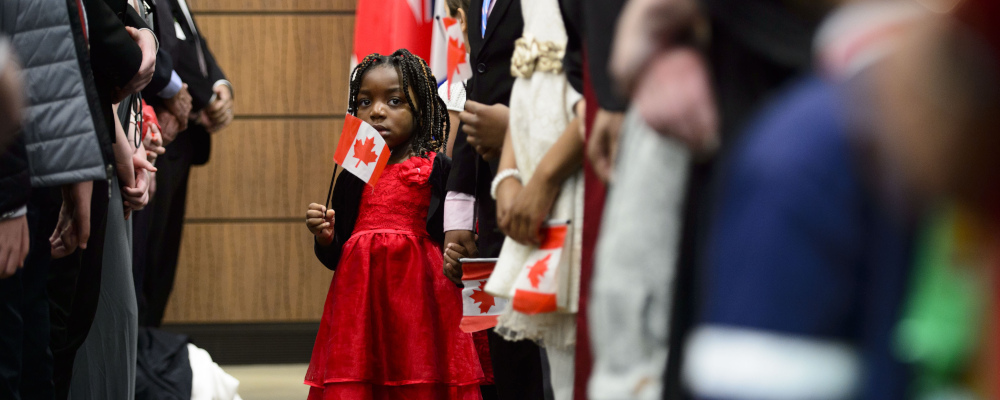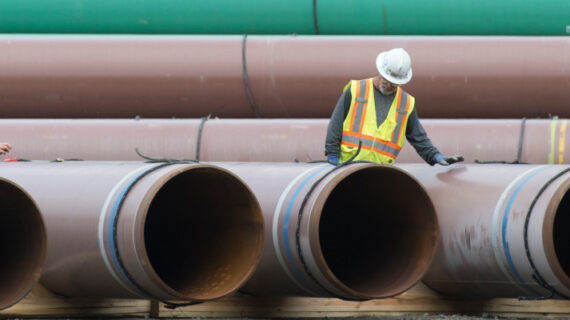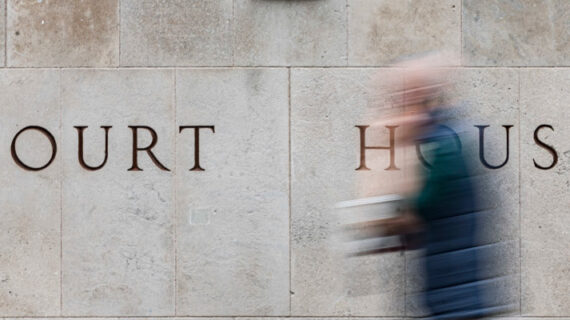Today ends The Hub’s third full year in publication. To mark its first and second anniversaries, Hub readers permitted me to indulgently look back over the year at some of the things that we had learned. At the risk of testing their tolerance, here are ten new things that we learned in year three.
1. We learned that The Hub hasn’t yet hit its growth ceiling. After doubling our web traffic in year two, we doubled it again in year three—exceeding 4 million page views for the year, including more than 500,000 in March alone. Maybe we’ll hit a natural limit at some point but we’re not there yet.
2. The same goes for The Hub’s podcasts, including its regular Dialogues with leading thinkers like George Will, Tyler Cowen, and Coleman Hughes, its bi-weekly conversations with David Frum, the weekly Friday Roundtable, and new daily episodes of Hub Headlines. We reached nearly 100,000 downloads per month in year three and were consistently among the top five or ten Canadian-based podcasts in Apple’s Culture & Society category. We’d make a big point about how most of the podcasts ahead of us on the charts are produced by the CBC and supported by its $1-billion public subsidy, but we’ll resist the temptation.

3. We learned that in the aftermath of Hamas’s horrific attacks against Israel on October 7, there were more people within our country whose instinct was to condemn our democratic ally rather than the terrorist organization that brutalized and murdered more than 1,200 Israeli civilians and soldiers than we would have anticipated. It’s been a painful six months for Canadian Jews who have had to confront the same realization. The Hub has consistently spoken out against the attacks and in favour of Israel’s ability to defend itself in the face of such a murderous threat and will continue to do so without equivocation. As we set out in an October essay, the editorial decision to support Israel isn’t a hard one: it’s a reflection of the ideas and values that animate The Hub itself.
4. We learned that growing numbers of Canadians share our concerns about the country’s economic stagnation and declining living standards. After beating the drum on these alarming trends for The Hub’s first two years, they finally went mainstream in year three, including a major speech by the deputy governor of the Bank of Canada in which she called Canada’s poor productivity growth a “national emergency.” If the first step of addressing a problem is to finally recognize it, we feel good that The Hub has played a key role in diagnosing Canada’s prosperity predicament.
5. We learned once again that the Trudeau government would much rather micromanage provincial child- and health-care systems, set municipal zoning rules, and deliver lunches at local schools than actually run the federal government itself. As evidence mounts that state capacity in core federal areas of responsibility like defence and national security has eroded, the prime minister nevertheless finds himself deeper and deeper into provincial and local issues. His unprecedented use of the federal spending power has effectively rewritten the division of powers that his own father codified in the Canadian constitution. We at The Hub care a great deal about these trends. Regrettably, it’s not obvious that many Canadians—including the provincial premiers themselves—do. Maybe, like on the productivity file, we can ultimately change their minds.
6. We learned that Canadians are “conditional multiculturalists.” They generally support Canada’s immigration policy—including its high annual levels—if they believe that it’s serving the country’s economic interests. The unprecedented spike in total immigration over the past couple of years—particularly the massive increase in the number of temporary foreign workers and international students—is testing their conditional support. The Trudeau government is now scrambling to get things back under control, but serious damage may have already been done. Restoring public support will ultimately depend on one thing: re-establishing the principle that immigration policy ought to be set in the national interest, not the interests of businesses, post-secondary institutions, or politicians in search of wedge issues.

7. We learned that there’s a lot of interest in the future of journalism in Canada. The Hub’s highly ambitious Future of News series has enabled us to engage a wide range of voices and perspectives including former Washington Post editor Marty Baron, National Review editor Rich Lowry, Globe and Mail columnist Andrew Coyne, Newsweek opinion editor Batya Ungar-Sargon, independent journalist Tara Henley, and of course TVO host Steve Paikin, whose podcast episode inadvertently generated a bit of a buzz. We also profiled a number of news media outlets trying to build sustainable business models in today’s fast-evolving marketplace, including Unherd, the Washington Post, Calgary’s The Sprawl, and the Northwest Territories’ Cabin Radio. A key takeaway from the series is that there’s far too much pessimism about the future of journalism. There’s a lot of exciting and innovation occurring within the sector. We’ve been thrilled to elevate it over the past several months.
8. We learned that it’s possible to provoke academic historians, as we inadvertently did with our dedicated series to mark the twenty-fifth anniversary of occasional Hub contributor Jack Granatstein’s influential book, Who Killed Canadian History? Our collection of essays and culminating podcast episode with Granatstein himself received a decidedly negative reaction from university-based historians who ostensibly felt that the series’s sustained criticism of the field’s inward, identity-obsessed turn hit a bit too close to home. We don’t intentionally seek out conflict at The Hub, but in this case, we interpret the backlash as a sign that we’re on the right track.
9. We learned that The Hub’s collection of contributing writers is, pound-for-pound, the best in the country. Ginny Roth is the only columnist in Canada consistently writing about family structure, fertility, and contemporary feminism. Trevor Tombe’s economic analysis has quite literally come to shape how others are thinking and talking about Canada’s economy. Joanna Baron regularly brings a smart and principled perspective to Canadian constitutionalism. Michael Kempa’s thoughtful writing on issues of policing, law enforcement, and national security cannot be found elsewhere. Richard Shimooka’s deep knowledge of defence and national security have helped us to navigate an increasingly complex geopolitical context. Antony Anderson’s writings on the fading episodes of our history provide an invaluable service in promoting Canadian heritage, Patrick Luciani’s examinations of current events in his book reviews are incisive and indispensable, and where else in Canada can you find a regular wine column, let alone one as insightful as Malcolm Jolley’s? And of course, Howard Anglin’s extraordinary range is a delight for Hub readers, even in those instances when we need to turn to our dictionaries. If The Hub’s content is its key to success, then our diverse and highly-talented group of contributors is our comparative advantage.
10. Finally, we learned once again how fortunate we are to have thousands of people whose financial support, subscriptions, and growing readership have enabled The Hub to flourish and grow. Thank you. We quite literally couldn’t do it without you. If you’d like to join The Hub community and support our mission, you can sign up for our free weekly newsletter or donate here.




